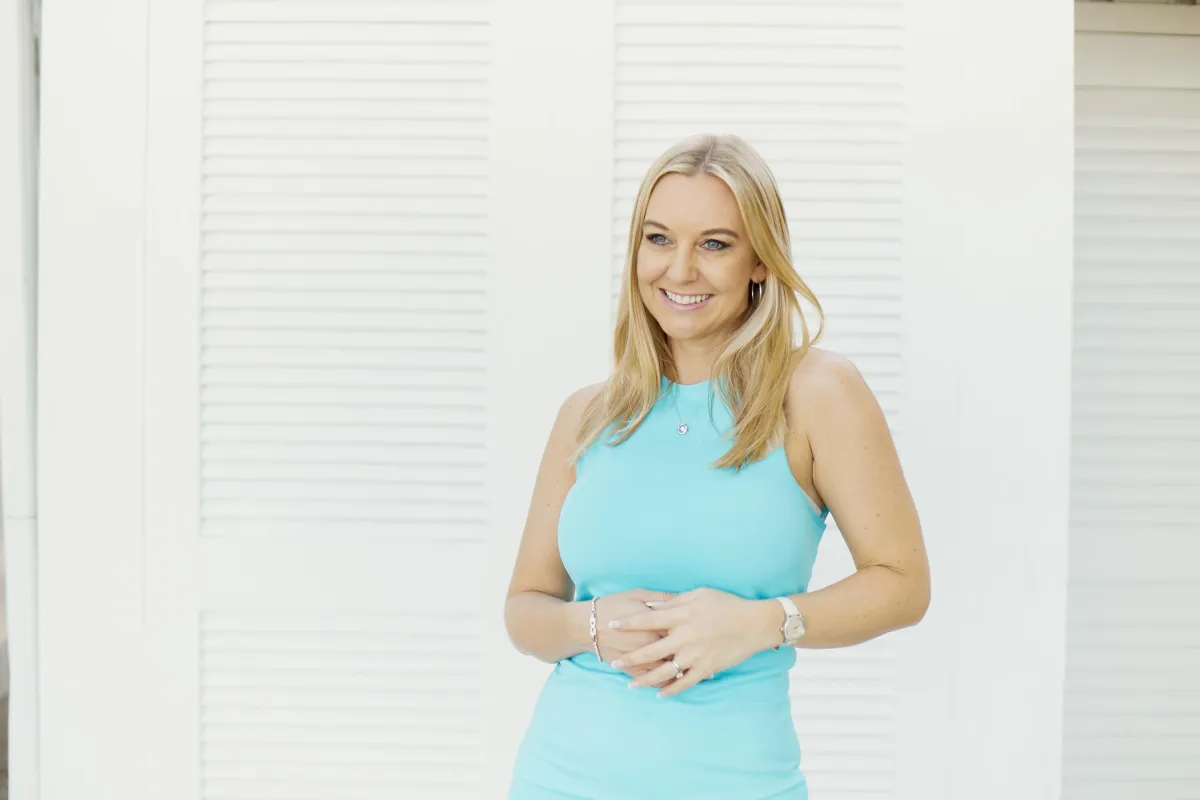
The Illusion and Reality of Choice
The Illusion and Reality of Choice: A Deeper Look Into Human Behaviour
Choice. It’s a word loaded with power. We celebrate it, fight for it, and often take it for granted. But what really defines a “choice”? Why do some people feel entirely free to shape their lives, while others feel hopelessly stuck, saying “I have no choice”? And what if the brain itself, through its unique wiring or trauma, changes the very way we perceive options?
This isn’t just a philosophical question. It’s a deeply human one. And when we peel back the layers, we find that choice is never as black and white as it seems.
What Is Choice, Really?
At its most basic level, choice is the ability to select between two or more possibilities. But this definition barely scratches the surface. In psychology, choice is shaped by an interplay of internal and external influences: our beliefs, emotions, environment, social conditioning, and even neurobiology.
We don’t make choices in a vacuum. We make them through the filters of our past experiences, our nervous systems, our values, our fears. What looks like an “easy choice” to one person can feel impossible to another and both realities are valid.
The Science of Decision-Making
When we make a decision, the brain calls upon several regions:
The prefrontal cortex helps us weigh pros and cons, imagine future outcomes, and plan.
The amygdala signals emotional relevance: fear, pleasure, threat.
The anterior cingulate cortex detects conflict between choices.
The ventral striatum assesses rewards.
These systems work together to guide our actions. But they don’t always agree. Sometimes, logic clashes with emotion. Sometimes, past trauma hijacks the process before we’ve even recognised what’s happening.
For example, someone with a history of rejection might not apply for a dream opportunity, not because they’ve rationally ruled it out, but because their nervous system has coded it as unsafe.
Why Some People Feel They Have No Choice
Many people say, “I don’t have a choice,” when in reality, they’re facing a choice with painful consequences. The discomfort of saying no. The fear of starting over. The guilt of letting someone down. These hidden emotional weights can tip the scales until only one option feels bearable.
There’s also the concept of learned helplessness, a term coined by psychologist Martin Seligman. When individuals experience repeated situations where they had no control, they begin to believe they are powerless even when new options arise. This phenomenon is linked to depression and reduced motivation.
On the other end of the spectrum, people who feel they have “all the choices” can experience decision fatigue or even choice paralysis, where too many options lead to anxiety, second-guessing, and inaction.
Perception Is Personal
Two people can look at the same situation and see vastly different options. Why?
Cognitive biases shape what we believe is possible.
Cultural norms inform what we think we “should” choose.
Social comparison can make us feel like we’re behind or failing.
Personal values influence what feels right or wrong.
In other words, our perception of choice is always filtered. The same job, relationship, or health decision might feel liberating to one person and suffocating to another.
The Role of Neurodiversity
Let’s talk about brains wired differently, those with autism spectrum disorder (ASD), ADHD, or the impacts of brain trauma. For these individuals, the experience of choice can be fundamentally altered.
People with ASD may find too many choices overwhelming and may prefer routine or sameness to reduce cognitive load. They may also struggle to read social cues that influence decision-making in group settings.
Individuals with ADHD often struggle with executive function, impulsivity, time blindness, and working memory can make even basic daily choices feel chaotic. Paradoxically, they can hyper-focus on the wrong choice or avoid choices altogether due to overwhelm.
Brain trauma can impair the ability to make decisions or assess risk. Injuries to the frontal lobe, for example, are known to reduce inhibition and planning abilities, leading to impulsive or poorly thought-through decisions.
In all these cases, what seems like a “simple choice” from the outside might feel like a mountain to climb internally.
So, What Can We Do With This Knowledge?
Understanding that choice is a complex interplay of biology, psychology, and circumstance doesn’t take away our agency. In fact, it can empower us.
Here’s how:
Recognise where you do have choice. Even small choices, how you respond to a thought, whether you take a breath before reacting, can create momentum.
Get curious about your perception. Ask: Is this really the only option, or just the least uncomfortable one? What am I afraid would happen if I made a different choice?
Regulate your nervous system. A calm body makes more empowered decisions. Sleep, breathwork, movement, and emotional support help bring the brain online for better choices.
Reframe stuckness. Instead of “I have no choice,” try “I’m finding it hard to see another option right now.” This leaves room for insight.
Honour your wiring. If your brain processes differently, build systems that support your way of making decisions. Use tools, visuals, prompts, routines. Advocate for what you need.
The next time you feel trapped, notice: is it the situation, or the perception of it, that’s keeping you stuck?
There may not always be an easy path forward. But recognising the layers behind our sense of choice…biology, psychology, story…creates space. And in that space, even the tiniest flicker of freedom can be the start of something new.
Because ultimately, choice isn’t just about what’s on the table.
It’s about who we believe we are when we sit down to choose.
